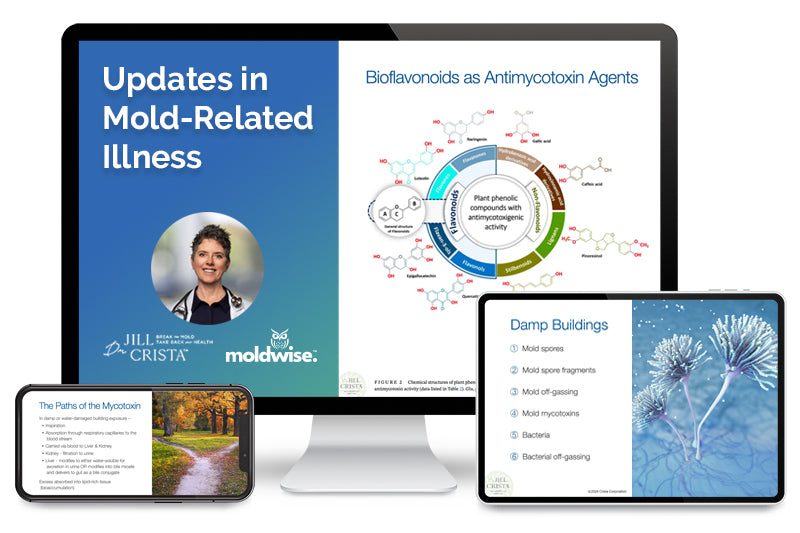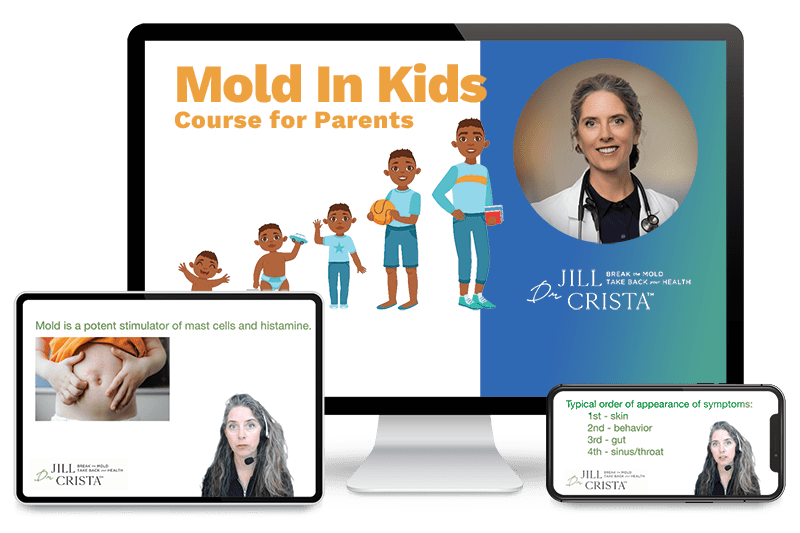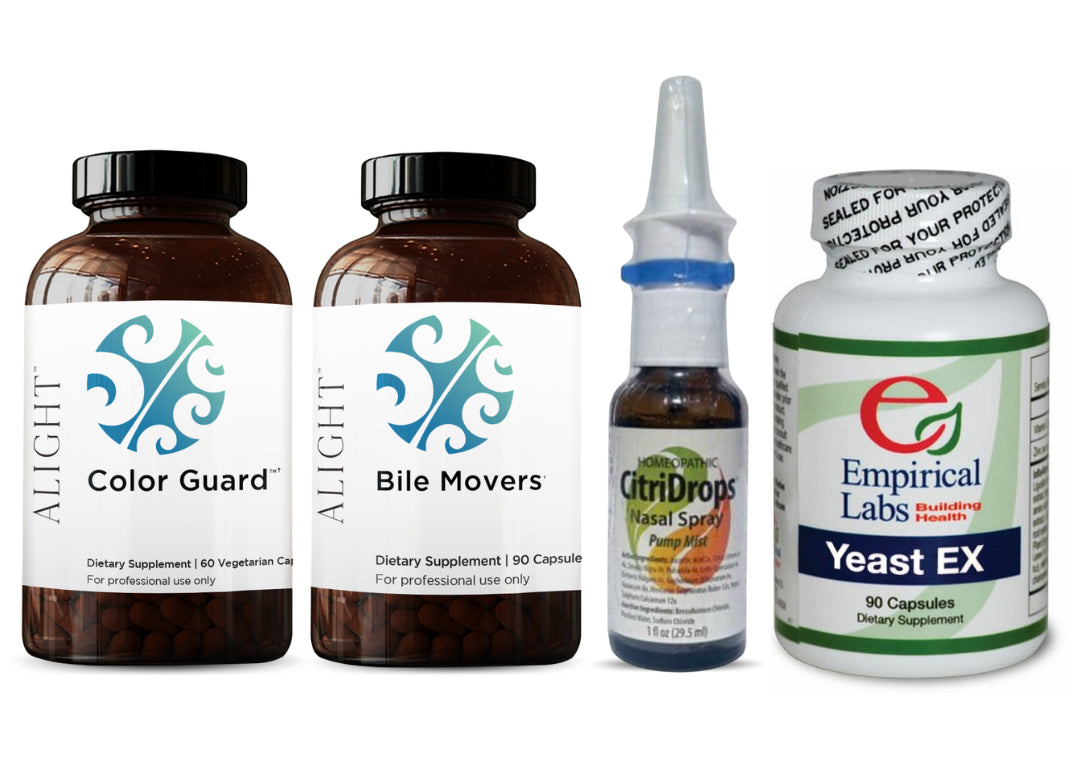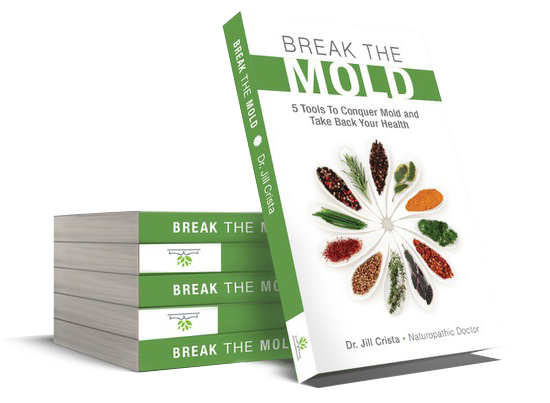Gotten mycotoxin test results from different labs that don’t line up? This is more normal than you think! It’s confusing, but as a seasoned mold-treating doctor and author of Break the Mold, I assure you it’s completely expected.
I’m here to explain why these differences happen, what each test tells you, and how to use them to fight mold. With the right approach, you can clear the fog and take back your health. Ready to make sense of it all?
Why Different Labs Show Different Results
Mismatching mycotoxin results don’t mean a lab messed up. They’re all testing different things. Each lab’s method targets a unique piece of the mold illness puzzle. Here’s why you see differences:
- Unique Methods: Labs measure different aspects, like toxin excretion or immune reactions.
- Test Strengths: Every test has specific benefits and limitations to catch mold-related illness.
- Your Body’s Input: Your detox capacity and immune response shape what each test reveals.
Suspect that mold is affecting you? Try my Mold Questionnaire.
Understanding Urine vs. Blood Tests
Wondering what these tests actually measure? Urine mycotoxin testing is testing what your body is excreting. And there are differences between the methods different labs use. The blood test is testing what your immune system is freaked out about. Here’s the breakdown:
- Urine Tests: Detect mycotoxins your body’s flushing out (e.g. Vibrant, Real Time, Mosaic). They show your detox activity.
- Blood Tests (MyMycoLab Antibody): Identify mycotoxins triggering your immune system to make antibodies, highlighting what’s causing a reaction.
- Teamwork: These tests complement each other, offering a fuller view of your mold exposure.
Making Sense of Your Test Outcomes
Different results can feel daunting, but you can simply just pay attention to all the positives. Here’s how to interpret your results:
- Value All Positives: A positive result, whether from urine or blood, signals a mycotoxin that needs attention.
- No Faulty Labs: Differences reflect the tests’ unique focuses, not lab errors.
- Tailored Recovery: Your body’s unique response to each mycotoxin shapes your treatment plan.
My insights stem from extensive split-sample testing, detailed in my course, Are You Missing Mold? Mold Intensive. Explore more in my Mycotoxin Fact Sheets.
Smart Testing Tips for Accuracy
Accurate tests are key to your mold recovery, and my Urine Mycotoxin Test Prep handout is a game-changer. Here’s how to test wisely:
- Adopt a Low-Mycotoxin Diet: Follow my diet plan for 3 days before urine tests to ensure results reflect your body, not food. Find it at Urine Mycotoxin Test Prep.
- Wait 48 Hours: Allow a 48-hour washout period after your diet change for reliable urine test results.
- Skip Glutathione: Avoid glutathione before Mosaic or Vibrant urine tests, as it can lower results.
- Stay Hydrated: Dehydration can inflate Real Time lab results, so make sure to drink your normal amount of water.
- Assess Immunity: Low IgG or IgE can make blood test results appear falsely normal, so check your immune status.
- Choose a Mold-Savvy Doctor: Work with a practitioner trained in mold testing—like doctors who’ve taken my course.
- Dive Deeper: Learn testing strategies in my book, Break the Mold and my courses.
You’re Set to Tackle Mold!
Different mycotoxin results aren’t a roadblock—they’re a guide to beating mold. My advice is to focus on all positives and test smart, using my handout, to set yourself up for success.
You’re ready to conquer mold and reclaim your health! Save this guide for your next test, and don’t let varied results throw you off.
Join my newsletter for more tips on mold recovery and wellness.
Disclaimer This content is health information and not intended as personal medical advice. Viewing will not establish a doctor-patient relationship. It is not intended to diagnose, treat, cure, or prevent any disease or medical condition. The information discussed is not intended to replace the advice of your healthcare provider. Reliance on information provided by Dr. Jill Crista, employees, or others appearing at the invitation of Dr. Crista is solely at your own risk.







